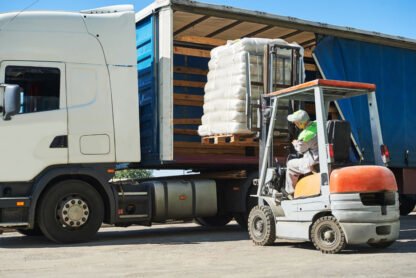Winter is approaching, and you don’t want your furnace to surprise you with a sudden breakdown. Fortunately, regular furnace maintenance and safety practices can help alleviate any concerns. This blog post will take you through some essential furnace maintenance and safety tips to keep your heating system running smoothly and safely throughout the winter.
- Schedule Professional Maintenance
It is crucial to hire a professional HVAC technician to inspect your furnace annually. A qualified technician can identify potential issues, clean vital components, and replace worn-out parts before they cause problems. Regular maintenance can help your furnace operate more efficiently, saving you money on energy bills. Certified professionals will also ensure your system runs safely throughout winter.
- Change Filters Frequently
Dirty and clogged filters can reduce your system’s efficiency and cause it to overwork, leading to unwanted wear and tear on your furnace. Dirty filters also trap dust and debris, leading to indoor air pollution. It is vital to change furnace filters once a month or as needed in high-traffic homes. A new filter allows for better airflow, ensuring your furnace runs efficiently and keeps the air in your home clean.
- Keep the Ventilation Clear
Furnace ventilation systems must be clear of debris so air can travel freely. Blocked or dirty ventilation can lead to restricted airflow and cause your furnace to shut down or overheat. Ventilation should be kept clean and clear from obstructions like furniture, carpets, and other household items.
- Check for Carbon Monoxide
Carbon monoxide is an odorless, colorless gas produced by gas and oil furnace combustion. Check your furnace for carbon monoxide leaks by purchasing a carbon monoxide detector. Locate the detector near your furnace and ensure that it’s working correctly. If you discover high levels of carbon monoxide, turn off your furnace immediately and call an HVAC professional.
- Practice Safety Tips
There are simple safety practices you can integrate into your routine to ensure your furnace operates safely. These include:
- Keep flammables like paper, rugs, and other combustible materials away from the furnace.
- Never store burning fuel like gasoline near your furnace.
- Never use outdoor fuel heaters indoors.
- Always follow the manufacturer’s instructions for operating and maintaining your furnace.
Furnace maintenance is crucial in maintaining good working order and avoiding safety hazards. Regular inspections by professionals, frequent filter changes, keeping the ventilation clear, checking for carbon monoxide, and practicing safety tips can help keep your home warm and safe during winter. Always remember that safety is the top priority, and if you have concerns about your furnace, schedule an inspection with a professional HVAC technician.









